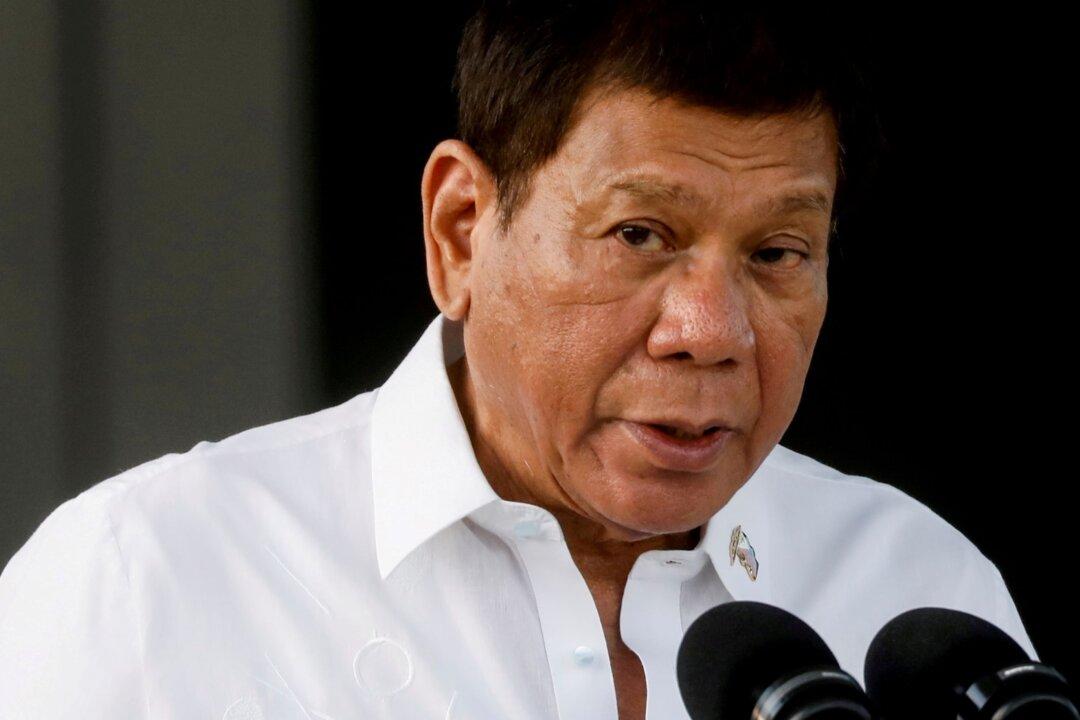The prosecutor of the International Criminal Court (ICC) has requested to reopen an investigation into killings and suspected human rights abuses committed under Philippines President Rodrigo Duterte’s “war on drugs” campaign.
The ICC probe was suspended in November last year after the Philippine government requested a deferral and pledged to undertake its own investigations into the alleged abuses.





